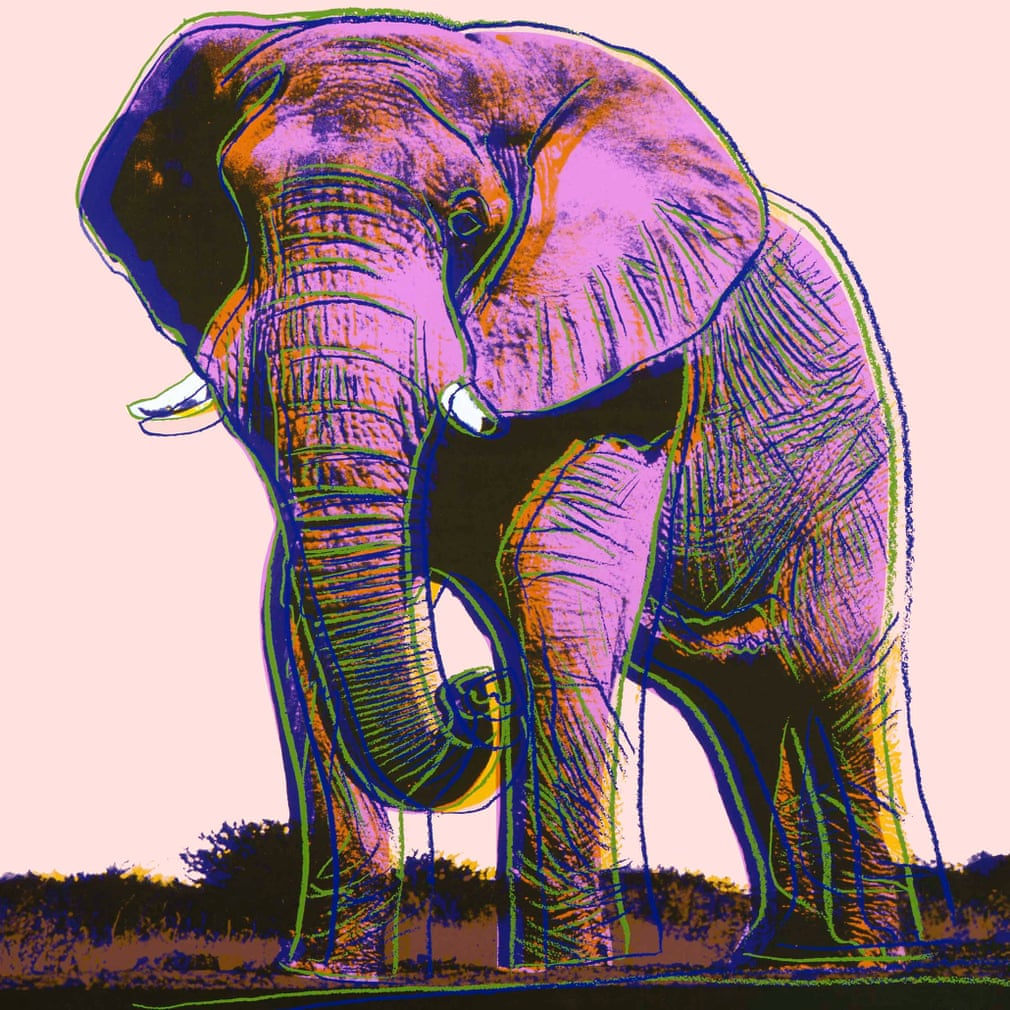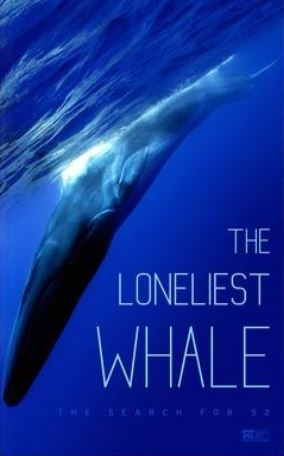
“The only true wisdom is in knowing you know nothing.”
—Socrates
“Real knowledge is to know the extent of one’s ignorance.” (「知之為知之,不知為不知,是知也。」)
—Confucius (孔子)
If you’re in a writer’s group or if you’re an empathetic reader, you’ll probably ask or hear about the relationship between a writer and his writer’s block. I’m very fortunate. I seem to have more ideas than the cry of “Mamma Mia”—no offence to the Italians. The Italian interjection literally means “oh my mother.” I find no better emphatic phrase than “Mamma Mia” to express my surprise and frustration about unexpected occurrences and human errors. If you know one of the 250 hand gestures used by Italians on a daily basis, peppering up the cry of “Mamma Mia” with a hand gesture will certainly add a theatrical effect.
Mamma Mia (a hand gesture of surprise). I echo with the remarkable revelation of Socrates and Confucius. How did the two great philosophers come close to such a discovery of mankind’s ignorance without meeting on Zoom? Can I infer that the East and the West have more similarities in human nature than the ongoing bickering over development and democracy?
The more I learn, the more I’m aware of my knowledge gap. Writers like to say we write what we know. In fact, I ponder all the time when I write. Everything I write now will be a past tense of events and emotions by the time it is read by another reader. I dare not to misinform my reader even though you are the only one left. I also think we, the humans, are unique to project our feelings onto others, including humans, non-humans and even non-living things like machines and molecules. Recently, I watched a documentary film named “The Loneliest Whale: The Search for 52 (2021).” I find the framing of the word “the loneliest” on a whale quite successful. This is a perspective issue. The whale cannot tell you if he or she feels lonely. Humans can. Human beings can identify the feeling of loneliness and they are also relentlessly in search of the 52-hertz whale in the deep sea. Its call was first detected in 1989, then again in 1990 and 1991.

Mamma Mia (a hand gesture of exasperation). 94% of Americans postponed their annual cancer screenings in the Pandemic’s second year. As a result, the diagnoses of some forms of cancer fell by more than 50% in 2020 when compared to 2019. Many cancer clinics suspended the collection of biopsies. I’m one of the 94% Americans who are losing sleep over which part of my body and mind will go wrong first. From a long-term perspective, an undiagnosed cancer crisis is unsustainable. Due to the increasing burden of cancer in China, the authorities have launched a series of projects on cancer screening and prevention. America has no reason to slow down its preventive healthcare services for more citizens. Like adopting climate mitigation and adaptation, preventive healthcare exemplifies what Benjamin Franklin said “an ounce of prevention is worth a pound of cure.”
Mamma Mia (a hand gesture of joy). I can’t agree more with sociologist Eric Klinenberg. In his book titled “Going Solo (2013),” the author explains how technology has posed a big challenge to a society that favors individualism with a poor social welfare system. He wrote:
“Today our species has about 200,000 years of experience with collective living, and only about fifty or sixty years with our experiment is going solo on a massive scale. In this brief time, we’ve yet to develop any serious public responses to the challenges related to living alone.”
If young generation is our future, how much have we invested and will invest in equal opportunities for young people? Our attention to the young generation under 30s really mirrors what sort of future lies ahead. In Greater China region, there is a popular term called “tangping (躺平),” literally meaning “lying flat,” to describe young people who are exhausted by a culture of hard work and working long shifts with seemingly little reward. Looking closely, I see many jobs in China today are algorithm-driven or telecommunication-related. The similar phenomenon occurs in Japan and South Korea. The more efficient our workflow is, the higher demand for the human capacity building both physically and intellectually. How can a human body compete against the fast data flow processed by AI?
If there’s a hot dog eating competition, I bet a robot that is trained to eat fast will win easily. In the Information Age, humans are under great pressure to absorb and consume food, goods and services in an environment that favors an insatiable, nonstopping, algorithm-driven feedback loop. The idea behind “tangping”—not overworking, being content with more attainable achievements and allowing time to unwind—perhaps is what humans should respond to this inhumane environment. Simply put, do not let digital devices take control of your life. Ever since AlphaGo won the first ever game against a Go professional with a score of 5-0 six year ago, I’ve been well aware of this subject that is beyond a writer’s block. It’s a mental block of mankind.
How can humans coexist and live together with animals, plants and now Smarter-Than-Us machines?
Solitary lifestyle is no longer a trend but inevitable. The digital devices seem to be integrated into our lives from cradle to grave. We rely on our devices more than we rely on our species. People often say they feel as if they have lost a part of their body if they go out without their smart phones. When I write here, I’m quite sad for the remote Pacific islanders whose right to a connected world is deprived by superpowers concerned with security of the sensitive undersea communications cables. This World Bank-led project was designed to improve communications in the island nations of Nauru, Kiribati and Federated States of Micronesia which are one of the world’s most vulnerable victims of rising sea levels. If there is one whale dubbed the world’s loneliest whale, why not also give attention to the world’s Loneliest Peoples who are soon losing their homeland because of climate crisis?
Globally, it’s common to see young people in their early 20s move back in with their families, to be labeled the “boomerang generation.” The Covid pandemic may have driven more jobless young people to live with their retired parents. Expensive urban living becomes more and more unaffordable for young people in both China and the U.S. Speaking of similarities, this is a common problem—housing affordability—for young people and young couples who want to start a family. They must become housing slaves, in particular in Chinese cities, Hong Kong, Vancouver, San Francisco, Manhattan and alike, for nearly their entire working life. Tangping, lying down, why not?
According to the U.S. Centers for Disease Control and Prevention, U.S. life expectancy fell by a year and a half in 2020, the largest one-year decline since World War II. Despite couples that being on lockdown with their spouses or partners, the number of the U.S. births fell in 2020 to 3.6 million births, the 12th year of declining births in the last thirteen years. I see the pool of future tax payers in the U.S. getting smaller. What does it suggest to our future economy, social welfare and environmental protection?
The shrinking birth rate concerns Chinese policymakers, too. China’s latest crackdown on after-school tutoring is a gesture to create incentives for hard-working couples to make more babies. The authorities see the tutoring industry as a major impediment to raising the country’s birth rates as the exorbitant fees take up a big portion of the cost of raising a child. Under the new draft rules, the highly lucrative private education companies are to turn nonprofit. Interestingly, a national poll conducted by National Education Association last August shows that 40% of American teachers with 21-30 years of experience said they were considering early retirement or quitting the profession completely. Does that mean the great challenges of Zoom classroom and online teaching in the pandemic may have fundamentally changed our learning experience?
(To be continued)
